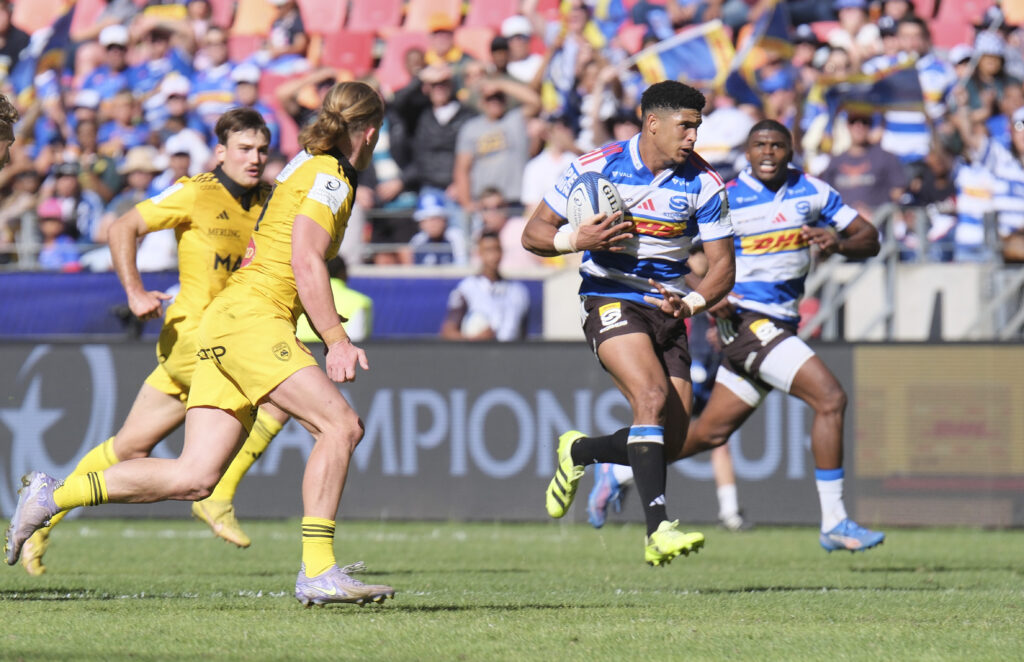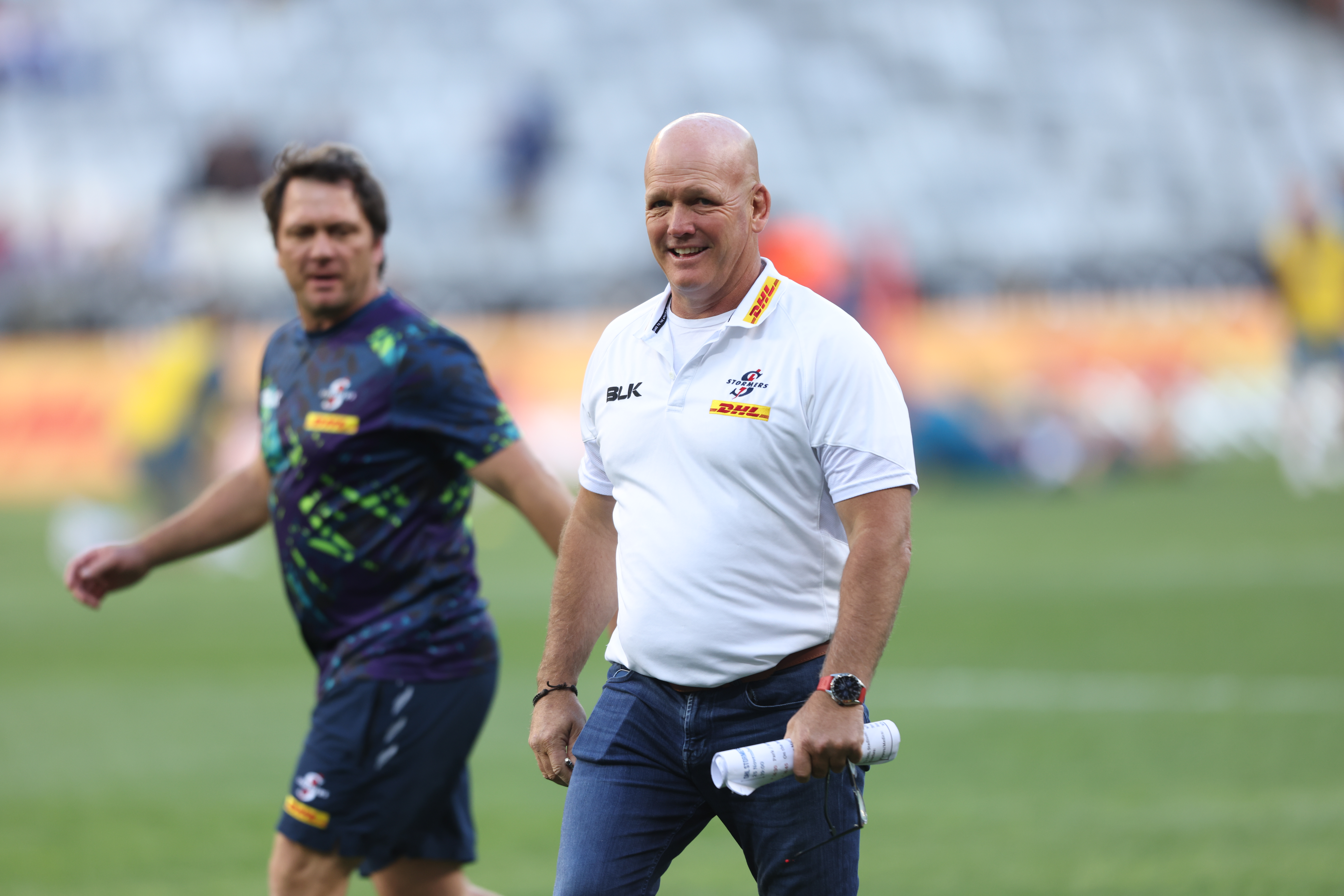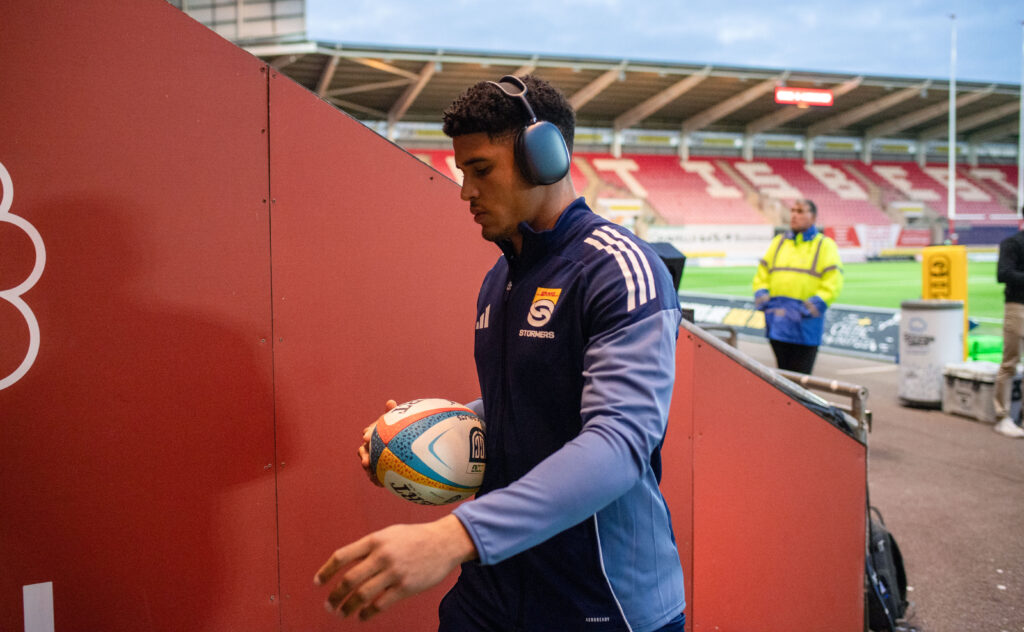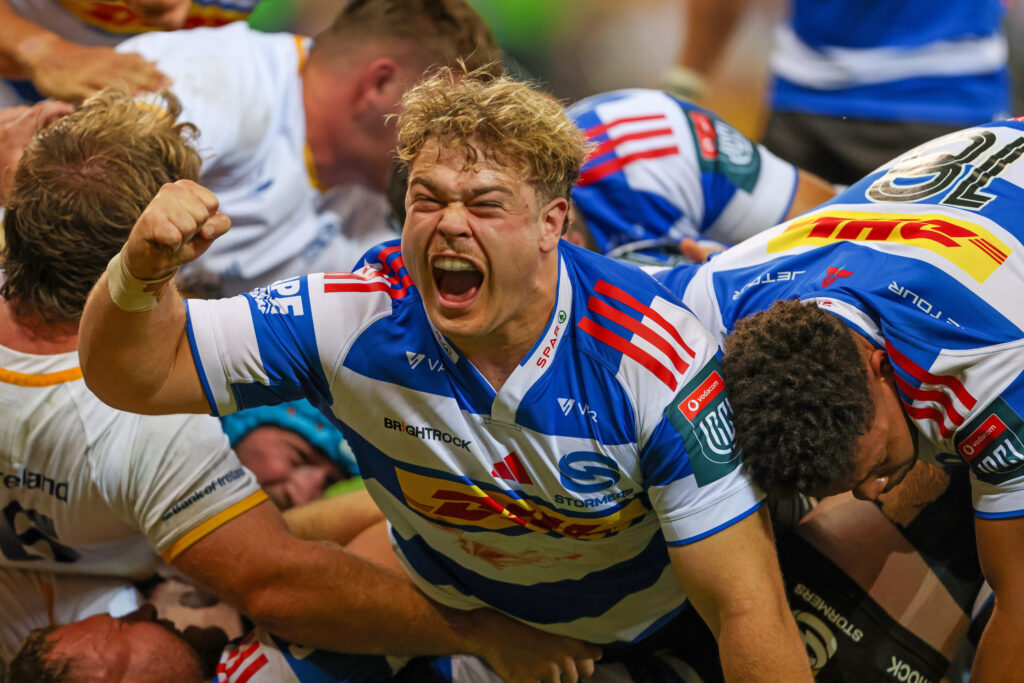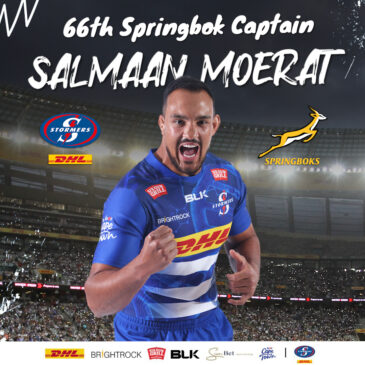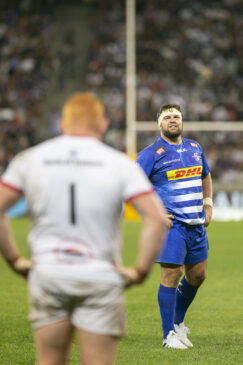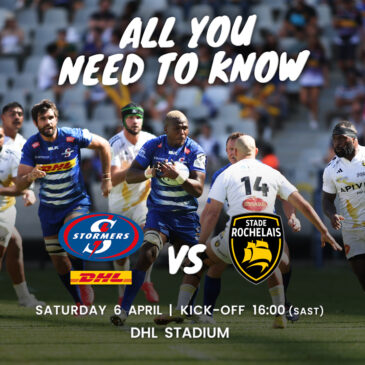This week’s chat is going to be a bit different. It will be about the DHL Stormers, but they are secondary to the storytelling because I am using a New Zealander to illustrate ambition, achievement, awe and how the fight to turn the lowest of moments into the most magnificent memory.
Rugby is a team sport, but certain individuals inspire the collective to reach levels that set the standard. Richie McCaw is, for me, the greatest example of a player who led with his heart and his blood, but also with his emotional and educational intelligence.
The All Blacks, winners of the 2011 and 2015 World Cups in New Zealand and England respectively, lost five matches in those five years and they played more matches away from home than in New Zealand. They also played Australia and South Africa every year, away from home in what is now the Rugby Championship.
McCaw’s first Test low came in 2003 when the All Blacks lost to Australia in the World Cup semi-final, just a few months after scoring 50 points against the Wallabies in Sydney. His lowest moment came in 2007 when he captained the All Blacks at the World Cup and lost to France 20-18 in the quarter-final in Cardiff, a result made even crazier because France were the primary hosts of a World Cup that included a few matches in Wales and Ireland and Scotland.
Many players would not have recovered from those lows, given that McCaw’s career started with a Test win and player of the match award against Ireland in Dublin on debut when he was 20 years old and had never played for the Crusaders in Super Rugby.
He would finish his career with four Super Rugby titles, three as captain, and 145 appearances, but it is his international record, as an individual and as the leader of a team, that sets the standard of what is possible.
McCaw lost 15 and drew two of 148 Test matches against 18 opponents. He had 100 percent winning record against 14 of those 18 teams and of the four who inflicted defeat on him as a player, his worst return was against the Springboks. That return was six defeats in 26 Tests, for a winning percentage of 77. He finished his 148 Test career, 110 in which he was captain and 141 in which he started, with a 90 percent win record and two successive World Cup titles, home and away.
He led a team that broke the stereotype that a team can’t win away from home. McCaw lost twice in 61 Tests at home in New Zealand, but of the other 87 Tests played across the world, he lost just 13 times. He lost JUST 15 percent of matches played outside of his country.
I read a story the other day that only four players in the history of Test rugby have played in more internationals than McCaw won!
He won two World Cups, seven Tri-Nations/Rugby Championships and 10 successive Bledisloe Cup series and led the All Blacks to two Grand Slam tours, which means they beat the four home unions on successive weekends in England, Ireland, Wales and Scotland.
But the most remarkable quote I have ever read from any interview done with McCaw was after he played his 100th Test, in a Pool match against France at the 2011 World Cup in New Zealand. He was asked about his 100 Tests and his memories, and he replied that the ones he remembered the most were the 12 he had lost. It was those 12 painful reminders that inspired him to contribute to 88 wins out of the 100.
In his autobiography, he spoke about learning so much from the 2009 two-test defeats against the Springboks in South Africa, both about himself and a culture that had to change within the All Blacks if they were to beat the Boks the next season. Having lost three times to the Boks in 2009, they won three times against the Boks in 2010. The lessons were learned.
Make no mistake, he enjoyed the successes, and it was made more possible because some of the sport’s finest players featured in the All Blacks during McCaw’s career, but what defined him as a leader and an individual was that he gave each opponent the same amount of respect, whether they were ranked two in the world or 20th.
He also prepared in the same way for each opponent.
But he and his team proved week after week that it was possible to win away from home and that rugby is a game played on a field with similar markings. Why, he asked should it make a difference, where the game was being played?
It is something that we have focused on as a group of players. Our only controllable is how we prepare and how we apply that attention to detail on match day. Our home record is impressive at the DHL Stadium, 20 wins in succession, but greatness is defined by how you can conquer a field when away from home.
We are a squad that has grown in depth, and we are a management that has trusted our kids to produce as starters and finishers, regardless of being 19 or 20. Equally we have trusted the qualities of those veterans to play with the enthusiasm and energy of kids.
We have such respect for every team we play in how we prepare for a match, home or away, but the greatest respect we have is for each other in that we trust that whoever wears the jersey is selected because they are good enough.
We’ve had to manage playing in two competitions simultaneously and we have had to do so without many of our current Test Springboks, but we’ve seen every match as an opportunity
Ulster, in Belfast, is another one of the great away challenges and we’ve picked a match day squad that is consistent with how we have managed our players throughout the season.
Win, draw or lose, the players will fight and do justice to the jersey, but what McCaw did as an individual was show that one highlight does not make a career and one terrible low does not destroy a career.
There will be lessons with each match we play, regardless of the result, but when I talk about standards and rugby’s summit of excellence there is a benchmark and there is a tangible in the likes of McCaw, Dan Carter and his All Blacks, especially from the World Cup opener in 2011 to 2015.
They showed it was possible to win away from home and do so 90 percent of the time.
In club rugby, the Crusaders, Leinster and Saracens have set the standards. Toulouse for many years were the leaders of everything wonderful about French rugby and the Toulon side that won three successive Heineken Cups were a product of a World XV playing together for three seasons.
I know the DHL Stormers have the potential to sit at club rugby’s top table, but I also know that we are still in our infancy of knowing what is possible, in what we take from wins and what we learn from those less successful occasions.
We have a plan and that is to build a squad of players, closer to 40 than a match-day 23, who can beat anyone, whether the match is being played in Cape Town or anywhere else in the world.
I know it is possible and as with McCaw’s career I know there will be days where we humble opposition and there will be occasions where we are humbled. Ultimately, though, we want to be on the right side of the ledger when it comes to the emotion we get to feel.
Enjoy Friday night’s match and know that the 23 picked to front Ulster will give everything for the jersey.
Chat next week from a sunny Cape Town.
Much love
Dobbo
